Do you have a carnation plant that is full of buds, but they’re all turning brown? This can be frustrating, especially when you were looking forward to seeing those pretty flowers. In this blog post, we will discuss the reasons why your carnation buds might be turning brown, as well as solutions to fix the problem.
Why Are Carnation Buds Turning Brown?
Carnation buds turn brown due to fungal diseases, pests, or environmental conditions. All of these reasons can cause the buds to discolor and fall off the plant. The exact browning will depend on the problem, but you will typically see brown spots on the buds.
I will now go into more detail about each of these reasons so that you can try to identify the problem with your carnation plant.
Fungal Diseases
Perhaps the most common reason for carnation bud browning is fungal diseases. These diseases are often caused by too much moisture on the buds or leaves. The most common types of fungi that infect carnations are botrytis blight (storage rot) and powdery mildew.
Botrytis blight is a gray mold that affects the carnation plant during storage. The spores of these fungi survive in the soil and on dead leaves. They will then infect the plant when the conditions are right, which is humid weather. The symptoms of botrytis blight include brown or gray spots on the buds and leaves, as well as fuzzy growth
To prevent these diseases, make sure that you are not overwatering your carnation plant and allow the soil to dry out in between waterings. This will help to reduce the amount of moisture on the plant, making it less susceptible to fungal diseases. You should also remove any dead leaves or debris from around the plant so that the spores cannot infect it.
If you do see any signs of fungi, such as gray or white mold, treat the plant with a fungicide as soon as possible. Neem oil is my go-to fungicide for carnation plants because it’s an organic, affordable, safe, and effective option. You can find it at most garden stores or online.
Simply mix the neem oil with water according to the instructions on the bottle and spray it onto the plant, being sure to cover all of the affected areas. You will need to do this every few days until the problem is gone.
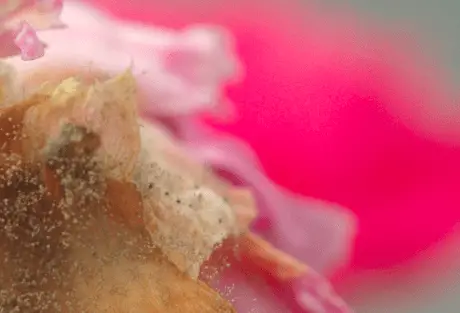
Pests
Pests can also be responsible for carnation bud browning. The most common pests that attack carnations are aphids, thrips, and mites. These pests feed on the sap of the plant, which can cause the buds to turn brown and fall off.
Aphids are particularly damaging when they feed on the buds of the plant because this can cause them to deform. They are small insects that are usually green, but they can also be black, brown, or yellow. You will typically find them in large groups on the undersides of leaves or on new growth.
You can prevent pests from attacking your carnation plant by keeping the area around the plant clean. Remove any dead leaves or debris that could attract pests. You should also regularly inspect the plant for signs of pests, such as small holes in the leaves or white powder on the buds.
If you do see any pests, treat the plant with an insecticide as soon as possible. Neem oil is not just a fungicide, but also an effective insecticide against many common garden pests, including aphids. You can find it at most garden stores or online.
Environmental Conditions
Finally, environmental conditions can also cause carnation buds to turn brown. If the plant is not getting enough light, the buds will often turn brown and fall off. Carnations also need a certain amount of humidity to thrive, so too much or too little humidity can also cause bud browning.
To prevent this, make sure that your carnation plant is getting enough light. If you are growing the plant indoors, place it near a sunny window. You should also try to maintain a relative humidity of 40-50% around the plant. This can be done by using a humidifier or placing the pot on a tray of pebbles and water.
Should I Prune Brown Carnation Buds?
Yes, there are a few reasons why you should prune brown carnation buds. First, it will help to prevent the spread of any diseases or pests that might be causing the problem. Second, it will encourage the plant to produce more flowers. Finally, it will improve the overall appearance of the plant.
To prune brown carnation buds, simply cut them off at the base of the bud. You can also remove any leaves that are affected by diseases or pests. Make sure to sterilize your pruning shears before and after use to prevent the spread of any problems.
Conclusion
In conclusion, there are a few reasons why your carnation buds might be turning brown. These include fungal diseases, pests, and environmental conditions. You can prevent these problems by taking some simple precautions, such as not overwatering the plant and keeping the area around it clean.
If you do see any brown buds, make sure to prune them off so that the plant can continue to produce healthy flowers. Thanks for reading! I hope this blog post has helped you to understand why your carnation buds might be turning brown and how to fix the problem.
By understanding the reasons why carnation buds turn brown, you can take steps to prevent it from happening. If you are having trouble with your carnation plant, try one of the solutions listed above. With a little care, you should be able to enjoy those pretty flowers in no time!
Tim is an avid gardener from the UK. He was the founder of PlantCarer.com from 2021 to Sep 2023. He sold PlantCarer.com to Aaron. He has since started his own business called Seed To Supper, which provides new gardeners all the materials you need in a box (pots, seeds, compost and instructions) to grow your own delicious and nutritious vegetables and herbs from start to finish – no garden required.



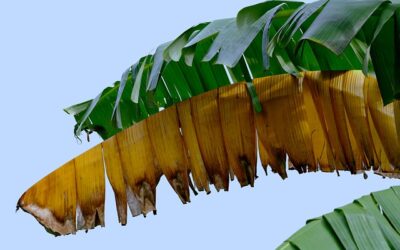

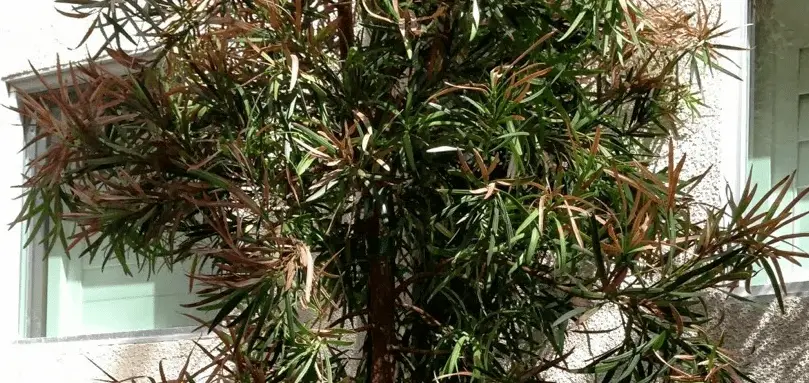
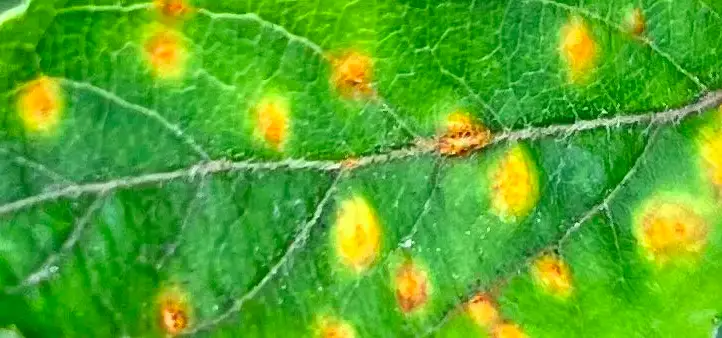
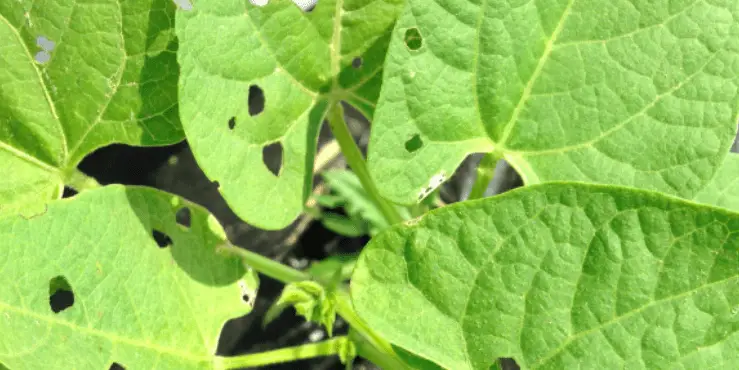
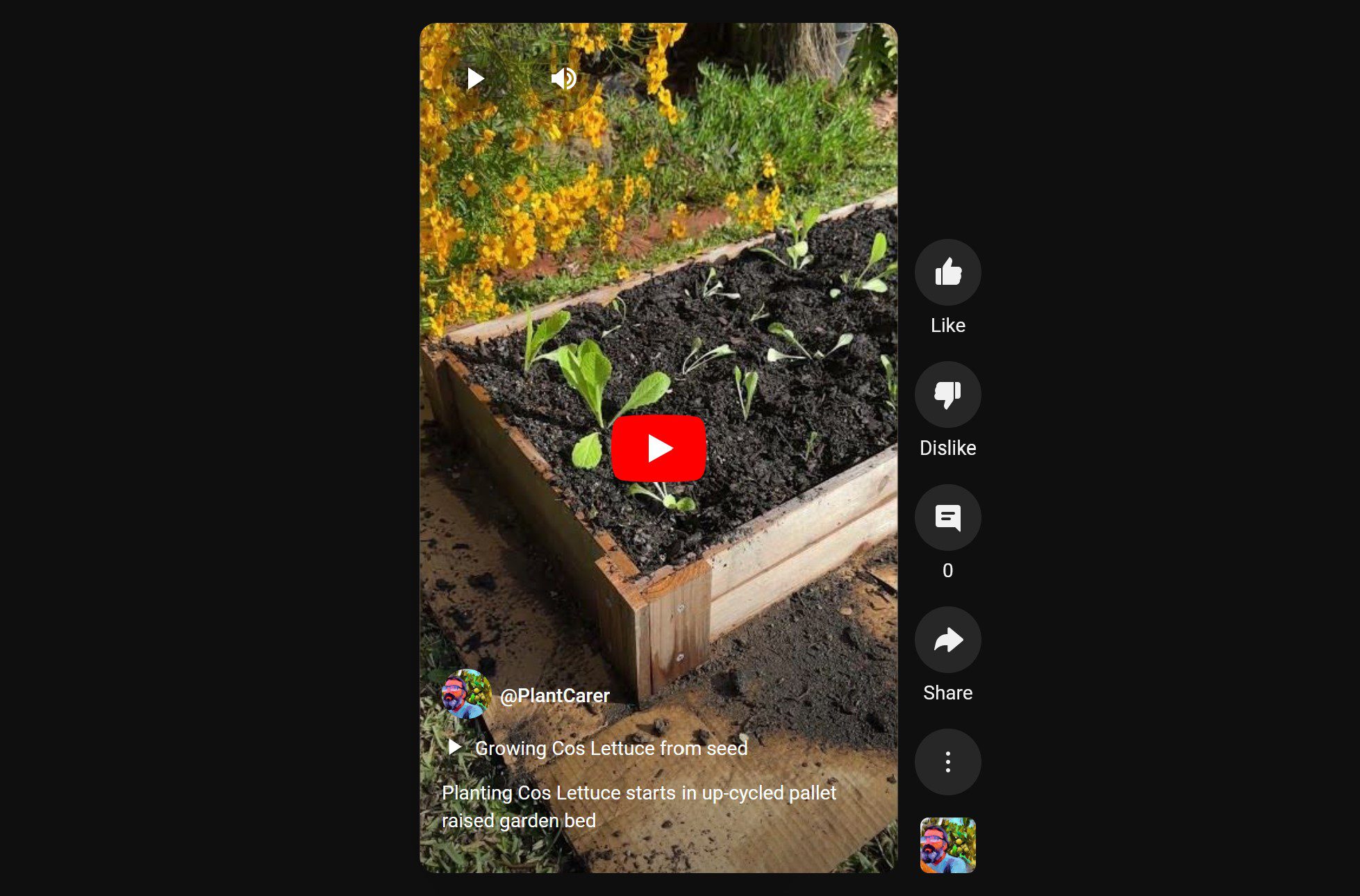
0 Comments